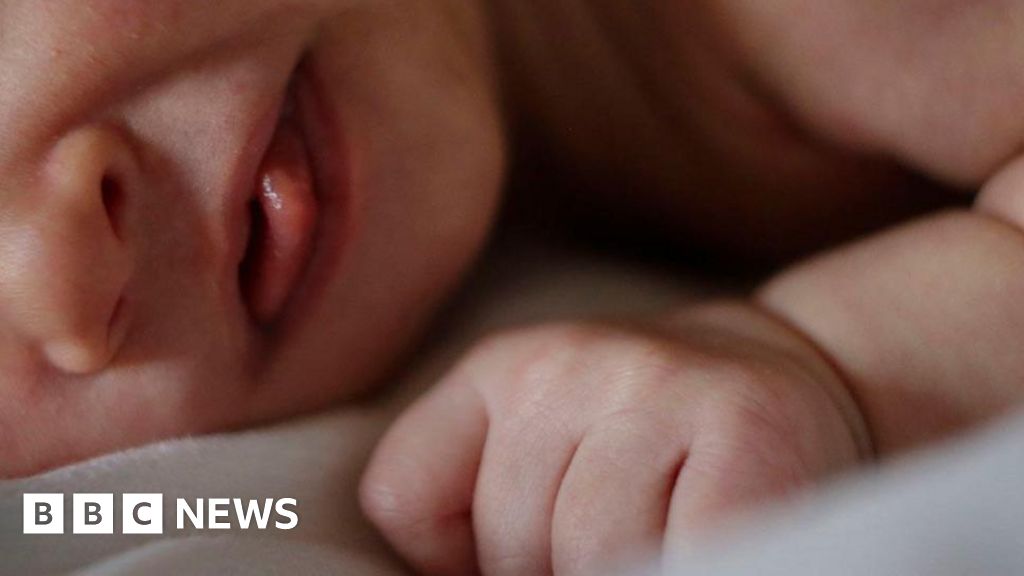Unlock the Editor’s Digest for free
Roula Khalaf, Editor of the FT, selects her favourite stories in this weekly newsletter.
The writer is a psephologist. His latest book is ‘Borderlines’
Viadrina University, according to former German chancellor Helmut Kohl, is “a symbol or European thought”, part of a project to build “the house of Europe”. It is based in the cross-border urban area of Frankfurt an der Oder in Germany and its Polish twin Słubice, a suburb of Frankfurt until Stalin drew the new border down the River Oder in 1945. Students and staff commute between lecture theatres, libraries and coffee bars across the international frontier. But what does “Słubfurt”, as the agglomeration is inelegantly known, have to say about where Europe is now?
The European parliament elections last week showed that the politics of borders is still a live phenomenon. Frankfurt an der Oder is set in the most fertile territory in Germany for the hard right, along the eastern border with Poland. The Alternative for Germany polled 27.8 per cent of the vote in the city, and the red-brown nationalists of the Sahra Wagenknecht Alliance (BSW) 16.7 per cent.
Cross the bridge and you are in one of the most liberal parts of Poland. Słubice is a stronghold of Donald Tusk’s Civic Coalition (KO), with 42 per cent support for the party, as are nearly all the towns along the Polish side. It is one of the paradoxical outcomes of closer European integration: this border, slipping into invisibility in the single market and Schengen agreement, generates rightwing nationalist politics in the west and market liberalism in the east.
The politics is, to some extent, downstream of the economics. Open borders have meant relatively deprived and peripheral parts of wealthy countries being overtaken by the relatively wealthy and connected parts of poorer countries. Net human wellbeing may increase, but the utilitarian calculation cannot cancel out the strains that economic change imposes on the parts that lose out. Nor, it seems, can massive public investment in the eastern border areas by the German government; better roads and railways just seem to make it easier for people to leave.
The EU has border policies that go well beyond Schengen. It has funds for economic development and cultural exchange along borders, recognising that national governments do not prioritise these regions. It tries to make it easier to commute across them, so people can take jobs without moving to a new country and these regions can work as single labour markets. The most successful are in Rhineland west, such as the economic powerhouse around Luxembourg.
In the Oder, the day when Germans are happy to apply for jobs in Polish-speaking workplaces still seems far away but there appear to be fewer problems the other way round. In some border areas in the north, German villages have become up to 20 per cent Polish as the middle classes of Szczecin search out cheaper property and better schools.
But there is deep history to the politics here. Every far-right party in Germany, from the Empire to the unified republic, had strongholds in eastern Germany. During the Weimar Republic, eastern Germany outside the big cities was the most enthusiastic region in voting for extreme nationalism. It was infected with the border psychosis of depopulation and threat: the feeling of emptiness, the fear of competition from Poles and other ethnic groups.
There are now ID checks on the cross-border trains coming through Frankfurt an der Oder. These are aimed mostly at people coming from farther away than Poland. The German authorities throw up checkpoints at the bridge between Frankfurt and Słubice; international Viadrina students feel that there is racial profiling, with non-white commuters and travellers singled out for investigation.
The invisible border sometimes feels all too visible. The AfD’s vision of Germany’s borders involves patrols, checks and perhaps even fences. But the party does not explicitly repudiate the free-movement rules of Schengen and is louder in calling for enforcement of the Schengen external frontier than creating friction at internal borders. It might, in theory, be happy with a beefed-up version of what the current government does, skirting round the Schengen rules with customs and identity checks.
While the post-cold war idealism with which Viadrina University was founded in 1991 may feel distant, the reluctance even on the hard right to dispense entirely with the freedom to cross borders is revealing. Unlocking the potential of cross-border trade and rescuing border zones within Europe from being economic and social dead ends is simply too beneficial to be abandoned, whatever the rhetoric about foreigners. No doubt there will be friction and conflict; that is the nature of politics. But the “house of Europe” symbolised by Viadrina and “Słubfurt” is resilient.
Credit: Source link











